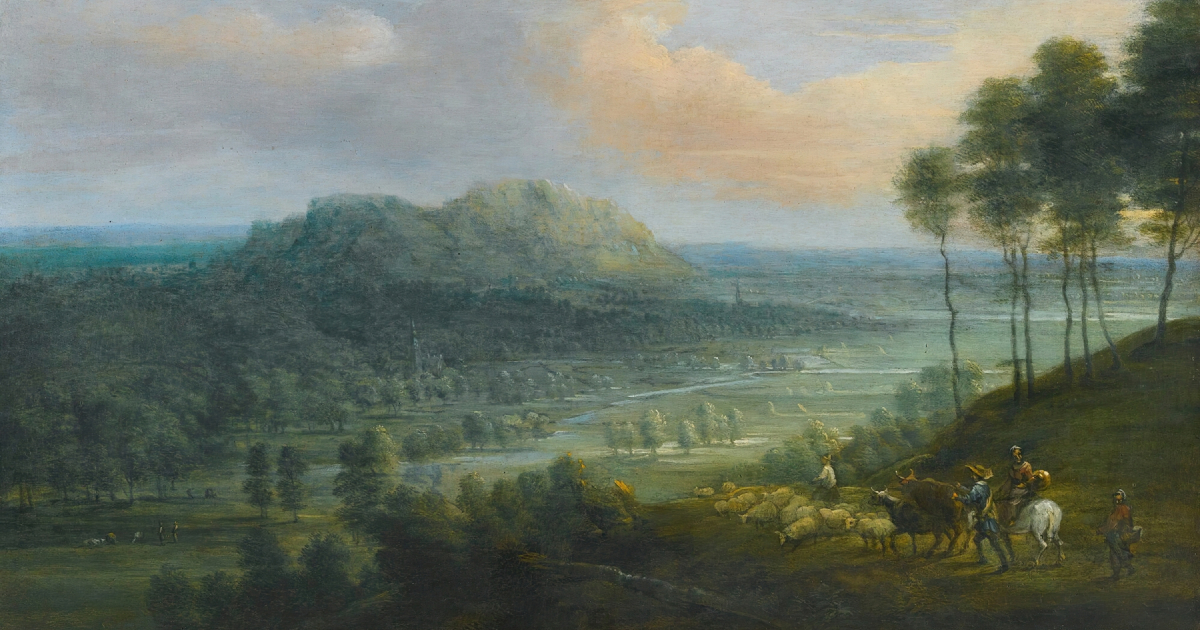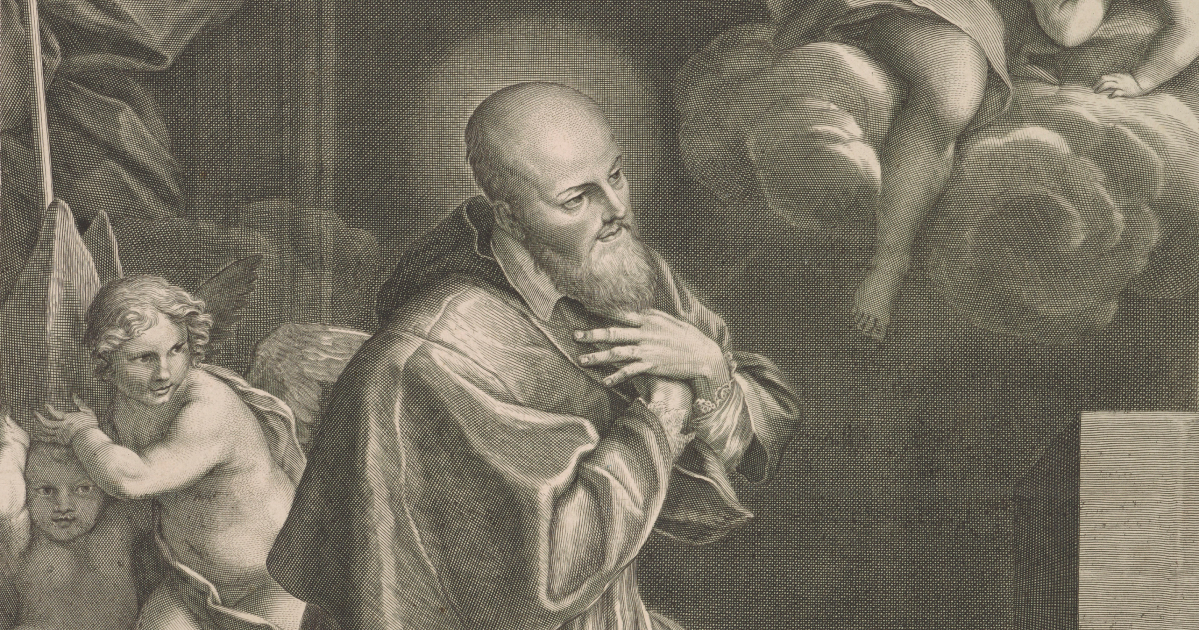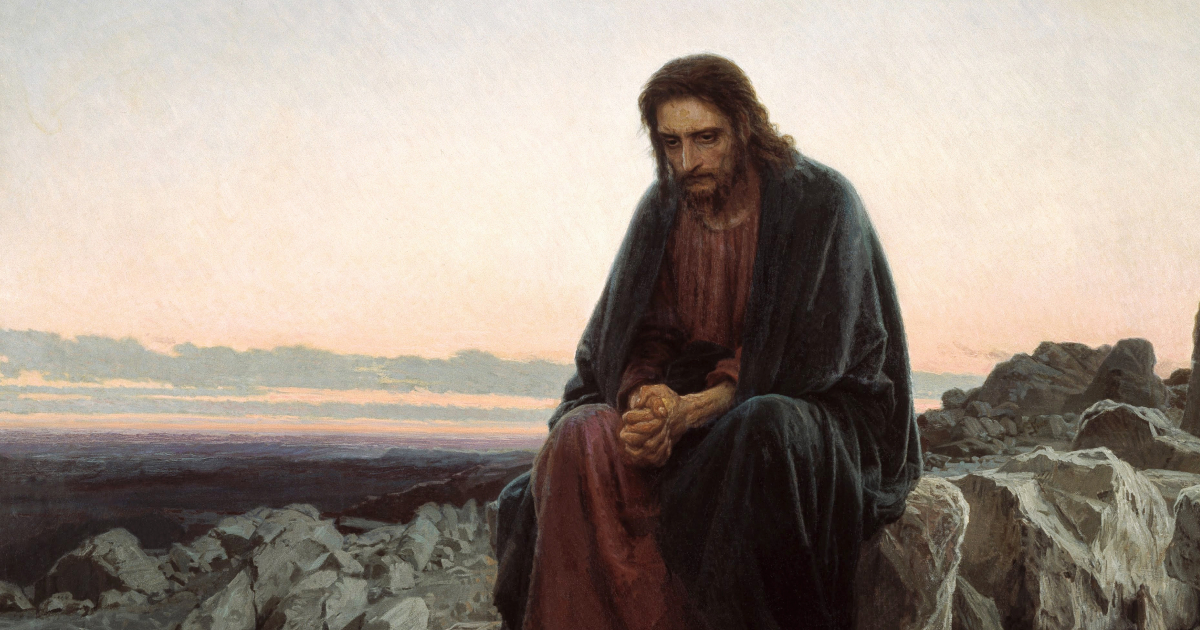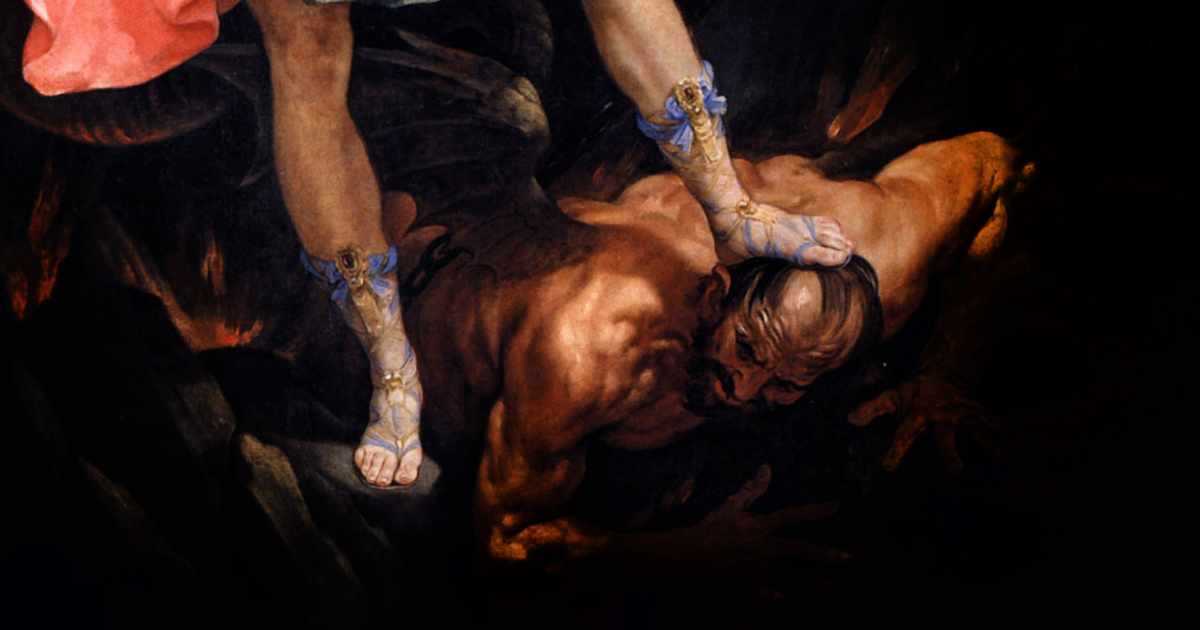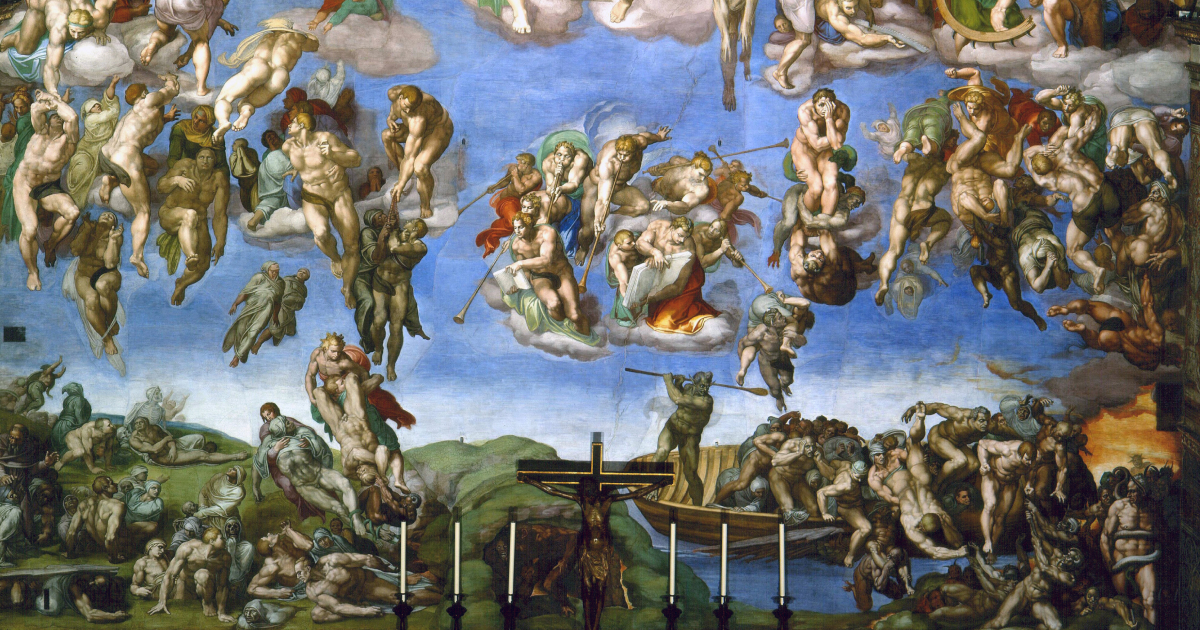The Solemnity of All Saints provides the ultimate perspective for our lives. This celebration urges us to strive to be with those whom the Gospel declares forever “blessed”, so that we may at last “rejoice and be glad” that “our reward is great in heaven”. This is our goal by God’s grace — “his free and undeserved help” — to be finally with those “from every nation, from all tribes and peoples and languages, standing before the throne and before the Lamb”.
A gathering anticipated in the celebration of every Mass, as the Catechism of the Catholic Church reminds us, “the Eucharist is the anticipation of the heavenly glory”. On All Souls, we begin our November prayer for those beyond death’s horizon, who long to be purified and brought to the perfection of love.
The saints who have attained this goal offer us their encouragement and the help of their prayers. Among them are those men and women who have been recognised through the centuries as “doctors”, that is, “teachers” who guide us with their writing and teaching along the path of our Christian lives. From such great bishops as Saint Ambrose and Saint Augustine to the 24-year-old Saint Thérèse of Lisieux, declared a teacher of the whole Church by Pope Saint John Paul II.
This weekend, Pope Leo has declared our own Saint John Henry Newman a Doctor of the Church. John Henry Newman is no stranger to the Diocese of Shrewsbury, spending most of his life in Birmingham and Oxford. In times when people often despair of finding objective truth, preferring to speak of “your truth” and “my truth” because they no longer believe truth can be found, Cardinal Newman has been raised up as a guide.
The journey he made into full communion with the Catholic Church will be an encouragement for many making this same journey. Against the prejudices of his time, Newman came to recognise the Catholic Church as the Church which Christ founded, “endowed with all divinely revealed truth and with all means of grace”.
Saint Paul VI said of his journey that “guided solely by love of the truth and fidelity to Christ, (he) traced an itinerary, the most toilsome, the most conclusive, that human thought ever travelled during the last century, indeed one might say during the modern era, to arrive at the fullness of wisdom and peace”.
Today we pray that Saint John Henry Newman’s fearless love of the truth will help many, besieged in a digital age by a cacophony of discordant voices, to arrive at this same wisdom and peace. At the heart of the Catholic Church, Newman found what he called “a treasure unutterable”, the mystery of the Eucharist containing the Church’s entire spiritual wealth: Christ Himself.
This led to an enduring sense of wonder that he had found in the Blessed Sacrament the real presence of Christ Himself. As Newman reflected, “He is not past, He is present now. And though He is not seen, He is here.”
May we learn from Saint John Henry Newman to see our own lives in the light of the Eucharist. And let us pray that this newest Doctor of the Church will help many of our contemporaries on the same path to the truth, to the fulfilment of our vocation, and to reach the goal of everlasting happiness with all the Saints.
(A pastoral letter from Bishop Mark Davies, Bishop of Shrewsbury, read out in churches of the diocese over the weekend of November 1–2, the Feast of All Saints.)









